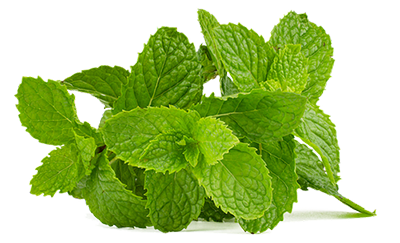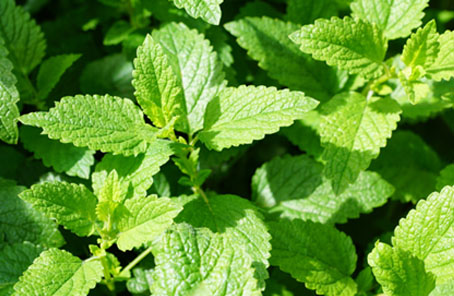Mint Herb
(and several other varieties)





Health and Nutritional Benefits
Mint is reported to provide health benefits that are science-based and backed by research. Here are some of the health and nutritional benefits of mint.
Nutrition Value
It is not common to consume mint in large quantities, but even in small amounts, it contains several nutrients that are useful for the body. For a half-ounce (14 grams) of mint, below are the nutritional content it contains:
| Calories | 6 |
| Vitamin A | 12% of the RDI |
| Iron | 9% of the RDI |
| Manganese | 8% of the RDI |
| Folate | 4% of the RDI |
| Fiber | 1 gram |
Because of its strong flavor, only a small amount of mint is enough to spice up any food or beverage, and this makes it difficult to consume even half an ounce of it and acquire the nutrients described above.
Health Benefits
- Mint is an excellent source of vitamin A that is essential for promoting eye health and preventing vision loss.
- Compared to other herbs and spices, mint is a more potent source of antioxidants, protecting your body against free radicals and oxidative stress.
- Mint can help in relieving several digestive problems, including indigestion, upset stomach, and irritable bowel syndrome (IBS). Studies show, however, that taking in mint oil is more effective than consuming fresh or dried leaves.
- In addition to consuming mint orally, inhaling the scent of the plant’s essential oils is also believed to provide health benefits, such as improved brain function, increased alertness, better memory recall, and decreased level of anxiety, fatigue, and frustration.
- The menthol compound of mint is known to be an effective nasal decongestant, which helps in improving airflow, breathing, and decongestion.